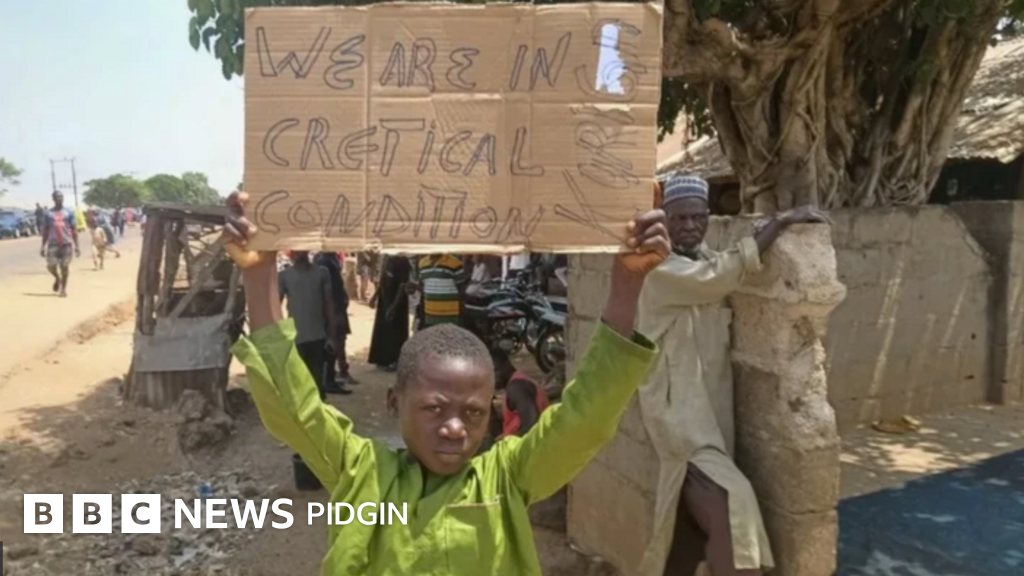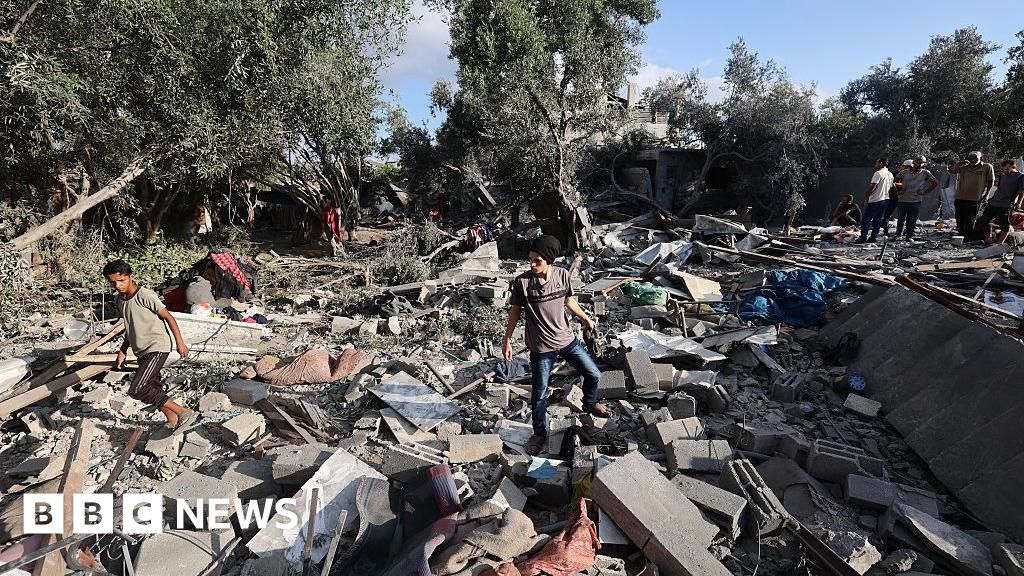Nigeria's Rising Violence: Understanding the Surge in Killings in 2025

Nigeria is grappling with a concerning surge in violent killings, sparking widespread concern and prompting urgent questions about the underlying causes. Recent reports indicate that bandit attacks and kidnappings have claimed more lives in the first half of 2025 than in the entirety of 2024. This alarming trend demands a thorough examination of the factors fueling this escalation of violence.
The Grim Statistics: A Nation Under Siege
Data from security agencies and reputable NGOs paint a grim picture. The number of casualties attributed to banditry, farmer-herder clashes, and kidnappings has risen significantly. While specific figures vary depending on the source, the overall trend is undeniable: Nigeria is facing a heightened security crisis. The increase in casualties is particularly alarming in the Northwest and North Central regions, but violence is also impacting other parts of the country.
Root Causes: A Complex Web of Factors
Understanding the surge in violence requires a nuanced approach, recognizing the interplay of multiple factors:
- Economic Hardship: Widespread poverty and unemployment create a breeding ground for crime and desperation. Many young people, lacking opportunities, turn to banditry and kidnapping as a means of survival.
- Insecurity and Weak Governance: Years of underfunding and corruption within security agencies have weakened their ability to effectively combat crime. A lack of accountability and political will further exacerbates the problem.
- Farmer-Herder Conflicts: Competition over dwindling resources, particularly land and water, continues to fuel clashes between farmers and herders. Climate change is intensifying these conflicts, as desertification and drought force communities to migrate and compete for scarce resources.
- Banditry and Kidnapping for Ransom: Bandit groups, often operating with impunity, target communities for looting and kidnapping victims for ransom. The lucrative nature of kidnapping incentivizes further criminal activity.
- Proliferation of Weapons: The easy availability of small arms and light weapons, often smuggled in from neighboring countries, empowers criminal groups and increases the lethality of attacks.
- Impact of Political Instability: The upcoming elections and general political instability further create an environment where criminal elements can thrive.
The Human Cost: Beyond the Numbers
The impact of this violence extends far beyond the casualty figures. Communities are displaced, livelihoods are destroyed, and fear permeates daily life. Children are orphaned, families are torn apart, and the social fabric of the nation is strained. The psychological trauma inflicted on victims and witnesses is immense and long-lasting.
Addressing the Crisis: A Path Forward
Combating this escalating violence requires a multi-faceted approach:
- Strengthening Security Forces: Investing in training, equipment, and intelligence gathering for security agencies is crucial.
- Addressing Economic Disparities: Creating economic opportunities and tackling poverty will reduce the incentives for crime.
- Promoting Dialogue and Reconciliation: Mediating conflicts between farmers and herders and fostering inter-community dialogue can help prevent violence.
- Controlling Arms Proliferation: Strengthening border controls and cracking down on illegal arms trafficking is essential.
- Improving Governance and Accountability: Tackling corruption and ensuring accountability within government institutions is vital for restoring public trust and strengthening the rule of law.
Nigeria faces a critical juncture. Addressing the root causes of violence and implementing effective security measures is paramount to safeguarding the lives and livelihoods of its citizens and building a more peaceful and prosperous future.






